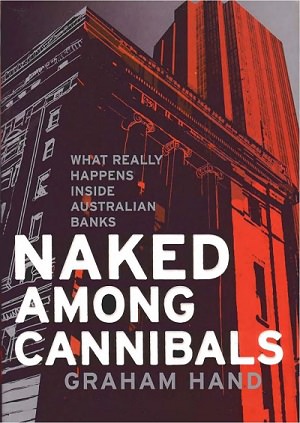[This extract from the weekly newsletter is included here to facilitate readers commenting on the likely consequences of the bank levy].
I've been a member of the Pricing Committees of three Australian banks. Over the years, meetings became increasingly complex as pricing factored in higher capital and liquidity requirements (for example, CBA holds an incredible $155 billion of high quality liquid assets), funding mismatches, competitive forces, product margins and, somewhere in the mix, community backlash and politics. Into the hundreds of pages of material produced each week will now go a new cost for five of the banks: the 0.06% levy on certain liabilities.
It's nonsense for Treasurer Scott Morrison to tell the banks to 'absorb' the tax. There are only two places the vast majority of the cost can go: higher product prices or lower profits (and dividends). In the complexity of pricing with so many inputs, there will be no way to identify the levy as causing a specific change. It may drive different funding techniques, such as moving assets into securitisation vehicles financed off balance sheet. The five banks will look at products and fees where pricing power is strongest and demand inelastic, but it will not be confined to home mortgages. The majority of these loans are now broker-originated and the majors do not have the field to themselves. The impact will be across a range of margins and fees to minimise the impact on profits and dividends.
The banks have little chance of convincing the government to drop it, although all major CEOs will try. Shayne Elliott of ANZ told the Australian Shareholders' Association Conference this week that banks must explain that the levy is a tax on shareholders. The banks risk a backfiring as 70% of the public support the tax, and no government will drop a revenue source that is so popular.

banks levy
The public sees it as a fee for bad behaviour, and as Elliott said, the banks have to ask how they allowed themselves to reach this position (not enough has changed since I wrote the book, Naked Among Cannibals, in 2001). The Australian Bankers' Association is divided because some of its smaller members benefit from the change, and Bendigo's Mike Hirst is ABA's Deputy Chairman.
Scott Morrison has not justified the levy in any terms beyond the banks' ability to pay and the need for budget repair. It's a reminder of the infamous reply from bank robber, Willie Sutton, when asked why he robs banks, he said, "Because that's where the money is." (although in a 1976 book, he denied saying it).